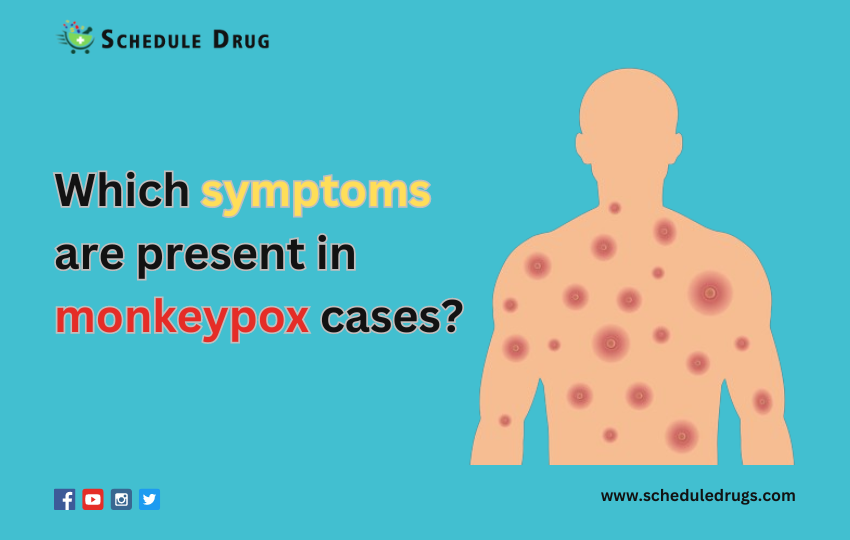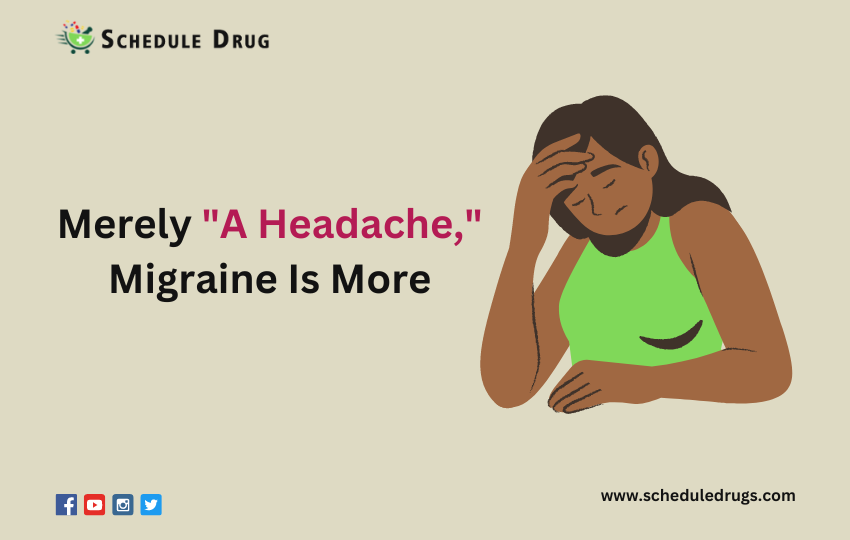What are the symptoms of monkeypox?
What are the symptoms of monkeypox?
Monkeypox is a viral infection usually associated with travel to West Africa. This is a mild, self-limiting illness that generally spreads through close contact with monkeypox people, and most people recover within a few weeks. The virus doesn’t spread easily among people, and the risk to the UK (United Kingdom) population is low. Here we will talk about it briefly. If you want to know more about this disease, continue reading this article. Despite the fact that there are something like 200 affirmed cases, wellbeing specialists are beginning to examine the spread and how this affects general society.
What is monkeypox?
Monkeypox is a rare disease caused by infection with the monkeypox virus. Monkeypox virus belongs to the genus Orthopoxvirus of the Poxvirus family. The genus Orthopoxvirus also includes:
- The smallpox virus (which causes smallpox).
- Vaccinia virus (used in smallpox vaccines).
- Bovine pox (cowpox) virus.
Monkeypox was named “monkeypox” because two outbreaks of diseases such as smallpox were first discovered in 1958 in a colony of research monkeys. The first or initial human case of monkeypox disease was recorded in 1970 in the DRC (the Democratic Republic of the Congo) during an intensified effort to remove smallpox.
Since then, monkeypox disease has been public in various other western and central African Liberia, Sierra Leone, Nigeria, and the Republic of the Congo. Most infectious diseases are in the DRC (the Democratic Republic of the Congo).
Human monkeypox cases occur outside of Africa in connection with overseas travel and imported animals, including claims in the US (United States), Singapore, Israel, and the UK (United Kingdom). The natural reservoir of monkeypox remains unknown. However, rodents in Africa and non-human primates (such as monkeys) can hide the virus and infect humans.
How do you know if you have monkeypox?
The monkeypox symptoms are the same but milder than the smallpox symptoms in humans. Monkeypox starts or begins with headache, muscle pains, fever, and exhaustion. The main difference between monkeypox and smallpox symptoms is that monkeypox causes swelling of the lymph nodes(lymphadenopathy), whereas smallpox doesn’t. The incubation period (time from infection to symptoms) for monkeypox symptoms is generally 7 to 14 days but can range from 5 to 21 days.
The disease starts with
- Muscle aches
- Swollen lymph nodes
- Headache
- Exhaustion
- Backache
- Chills
- Fever
Within 1-3 days (and possibly more) of the onset of fever, the patient develops a rash, often starting on the face and spreading to other parts of the body. The lesion goes through the following steps before shedding.
- Scabs
- Macules
- Pustules
- Papules
- Vesicles
The disease commonly stays for 2 to 4 weeks. In Africa, monkeypox has been shown to death cause in as several as 1 in 10 individuals who contract the illness.
What is the cure for monkeypox?
Treatment, Inglesby, and Adalja reported that smallpox antivirus with poxvirus activity like Tembexa (brincidofovir, Chimerix), TPOXX (tecovirimat, SIGA Technologies Inc), and Vistide (cidofovir, Gilead Sciences) could be used against monkeypox disease. Currently, there is no proven safe treatment for monkeypox.
Although antiviral drugs are effective, no studies have been conducted to treat monkeypox. Instead, your pharmacist or doctor will monitor your condition and try to relieve your symptoms. Most people get better on their own without any treatment. If there is an endemic of monkeypox in more than one individual, the CDC (center for disease control) has alternatives to control the spread of the illness using the treatments and smallpox vaccine.
How can we prevent the monkeypox virus?
Although smallpox vaccines can provide prophylaxis against monkeypox, their use is currently limited to those who work in the laboratory with smallpox (smallpox) virus. Prevention relies on reducing human contact with infected animals and restricting their spread from human to human. There are several ways to prevent the monkeypox virus:
- Wash your hands with water and soap after coming into contact with an infected animal.
- Avoid contact with infected animals (incredibly sick or dead animals).
- Avoid contact with bedding and other materials contaminated with the monkeypox virus.
- Use PPE (personal protective equipment) when caring for people infected with the monkeypox virus.
- Thoroughly cook all foods that contain animal meat or parts.
- Avoid contact with people who may be infected with the monkeypox virus.
How does a person get monkeypox?
Monkeypox is a zoonotic virus; it is usually transmitted by close contact between animals and humans, often via a bite, scratch, or communication with rash and with “fomites,” material such as bedding or clothes contaminated with monkeypox lesions material. It spreads from person to person. Monkeypox spreads between people primarily via direct touch or contact with infectious scabs, body fluids, or sores. It also can be extended by respiratory secretions with prolonged face-to-face contact.
What is monkeypox look like?
The first symptoms of monkeypox are fever, body pains, and malaise. The disease is similar to the smallpox virus, but it is not fatal. The condition causes a rash and can cause red-colored bumps on the skin. If we compare smallpox with monkeypox, then the main difference between the symptoms of smallpox and monkeypox is that smallpox causes swelling of the lymph nodes (lymphadenopathy), but smallpox doesn’t.
Monkeypox treatment
There is no specific cure available for monkeypox infection, but monkeypox outbreaks can be controlled. Smallpox vaccine, VIG (vaccinia immune globulin), and (cidofovir, ST-246 can be used to manage the development of monkeypox.
Monkeypox prevention
Smallpox vaccines prevent monkeypox, but some vaccines have been approved in order to avoid monkeypox. This vaccine is based on the modified vaccinia virus strain (MVABN or Modified Vaccinia Ankara Bavarian Nordic Strain).
Conclusion- The monkeypox virus is considered a high threat pathogen is causing a disease of public health importance. Therefore, there is an urgent requirement to focus on building surveillance capacities to provide valuable information for designing appropriate prevention, response activities, and preparedness.



